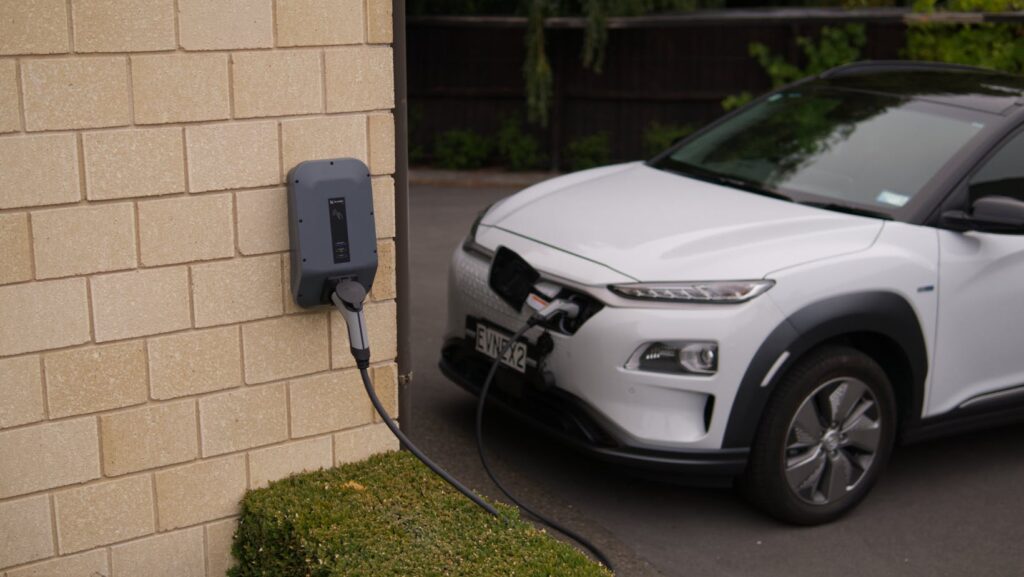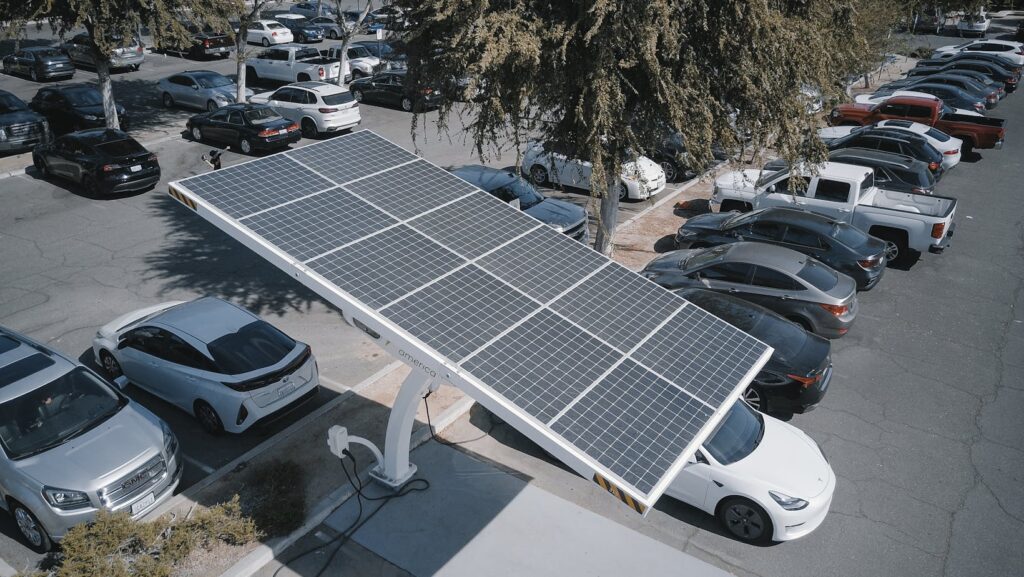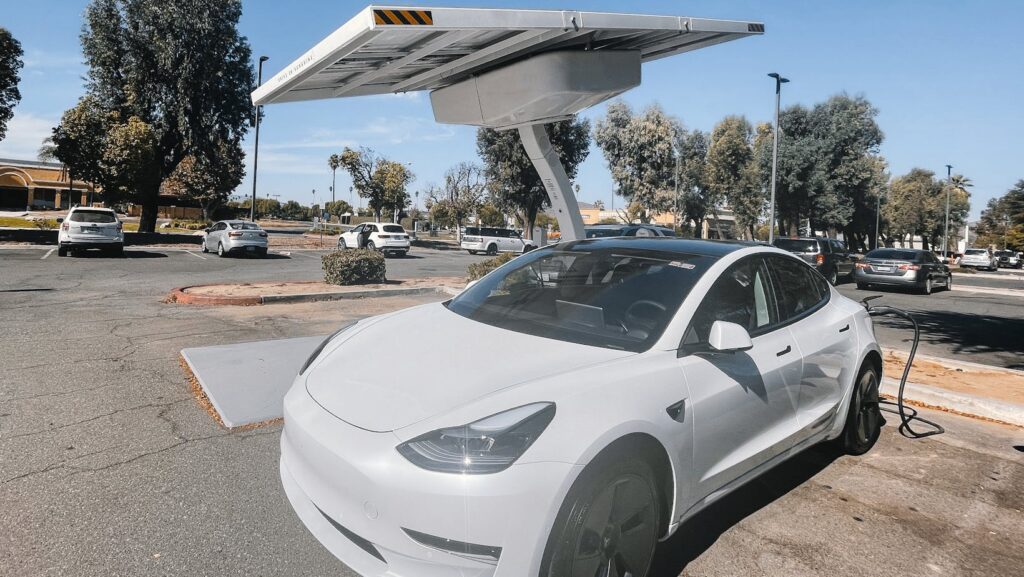As the world shifts towards sustainable solutions, fleet vehicles electric are driving into the limelight. They’re not just a trendy choice, but a smart business move, offering significant cost savings, environmental benefits, and a positive brand image.
Fleet Vehicles Electric
To improve businesses’ environmental footprint while also enhancing operational efficiency, electric fleet vehicles constitute a practical solution. Developed over years of technological advances and mindful of sustainability, these vehicles have garnered significant interest.

Fleet vehicles electric symbolize a collection of electrically-driven automobiles utilized by a company, agency, or other organizations. These vehicles, powered by one or more electric motors, get their juice primarily from electricity instead of gasoline or diesel. Examples include electric-powered delivery vans for a courier firm, or electric service vehicles for a utility corporation. Electric fleet vehicles come in a myriad of shapes and sizes, from minivans and compact cars to trucks and large transit buses, tailoring their functionalities to specific business needs.
The Advantages of Switching to Electric Fleet Vehicles
Financial Benefits of Electric Fleet Vehicles
Electrified fleet vehicles offer significant financial advantages for businesses. Initially, purchasing an electric vehicle seems more expensive than purchasing a conventional one. However, operational costs over the life of the vehicle often make electric ones the more cost-effective choice.
For example, electric vehicles on average require less maintenance than their gasoline-powered counterparts. Maintenance fees, traditionally a substantial portion of a fleet’s operating budget, become notably reduced due to the absence of typical engine components that often need repair or replacement.
Environmental Impact of Electric Fleet Vehicles

From an environmental perspective, electric fleet vehicles demonstrate marked improvement over traditional combustion engine vehicles. A primary factor is the emission of greenhouse gases. Electric vehicles emit zero tailpipe CO2, reducing each vehicle’s carbon footprint significantly.
Moreover, electric vehicles contribute to better air quality because they produce no tailpipe emissions. Even when considering indirect emissions from power stations, they emit fewer pollutants overall.
Fleet Management and Electric Vehicles
The Role of Fleet Management in Encouraging the Use of Electric Vehicles
The rigors of managing a fleet can be eased with the integration of electric vehicles (EVs). Fleets cared for under a proficient fleet management system tend to see results on multiple fronts.
- Efficiency and Cost Savings: Electric vehicles result in operational efficiency, evident in the form of cost savings. For instance, Chevin Fleet Solutions reported that electric vehicle fleets can save up to 25% on Total Cost of Ownership (TCO) compared to internal combustion engine vehicles.
- Environmental Responsibility: A fleet manager commits to environmental stewardship by opting for electric vehicles as it leads to substantial reductions in greenhouse emissions. A study by the International Council on Clean Transportation (ICCT) highlights that EVs produce 65-90% fewer direct emissions than traditional vehicles.
- Regulatory Compliance: Fleet management ensures adherence to regulatory mandates on emission control by embracing electric vehicles. For example, the European Union’s CO2 emission standards stipulate a 40% reduction in CO2 emissions for new cars by 2030.
Challenges Faced by Fleet Managers in Switching to Electrically Powered Fleets

Transitioning from conventional vehicles to electric fleets may pose challenges for fleet managers. A few standout issues are listed below.
- Charging Infrastructure: Despite advancements, charging infrastructure remains underdeveloped in certain regions, causing range anxiety for fleet managers.
- High Initial Costs: Although EVs offer long-term economic benefits, their initial purchase price can be higher than their gasoline counterparts. BloombergNEF notes that upfront cost parity might not be achieved until 2025 for most segments.
- Resale Value Uncertainty: The resale value of electric vehicles is unpredictable due to rapid technological advancements and changes in government incentives. This presents investment risks for fleet managers.
Smooth Transitioning
Transitioning to fleet vehicles electric isn’t just a trend; it’s a strategic move that can yield significant benefits. It’s clear that the environmental and financial advantages are compelling. With careful planning, businesses can overcome challenges like charging infrastructure limitations, high initial costs, and resale value uncertainties.

